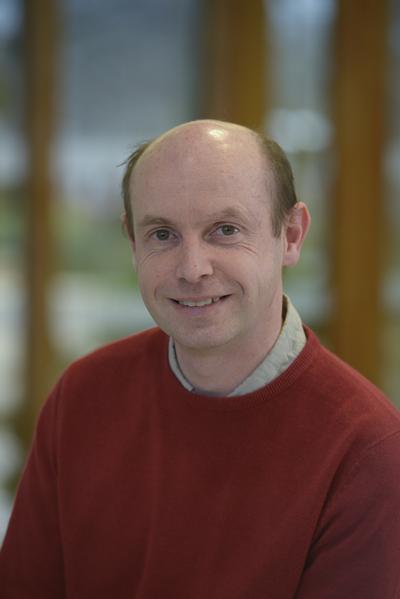Research interests
My research has focused upon two linked topics
1/The structure and function of the extracellular matrix, in particular the actions and importance of a specialised matrix, the basement membrane. Basement membranes are crucial in development and have been shown highly significant in many developmental processes especially in the early embryo. I have studied the roles of its constituent proteins, their receptors and modulator proteins. With an emphasis on structure-function relationships I have used in vivo and in vitro genetic approaches to determine protein function, following initial biochemical findings. Using biochemical, biophysical, cell-biological and developmental biological assays I try to determine the in vivo significance of the basement membrane and its constituent proteins in physiological and pathological situations.
2/Embryo environment and health, principally how the environment of the preimplantation embryo can influence its development and future long-term potential. In particular, how maternal diet (in vivo) or IVF-related culture conditions (in vitro) can affect blastocyst development including gene expression patterns, cell proliferation and cellular phenotype. We principally use mouse models to understand changes in man. We derive embryonic, trophectodermal and epiblastic stem cell lines to further characterise environmental effects on developmental potential. We also examine long-term consequences of rodent preimplantation environment on subsequent growth and gene expression. Our studies use a range of molecular, epigenetic, cellular and physiological technologies.
I have strong links with the Faculty of Medicine at Southampton, particularly staff within The Centre for Human Development, Stem Cells and Regeneration (CHDSCR).
PhD Supervision
Current:
Irene Peral Sanchez (CoSV, Medicine)
Eda Sezer (CoSV, Medicine)
Matthew MacGregor Sharp (CoSV, Medicine)
Completed since 2011:
Laura Caetano (CoSV, EU) 2020
Abby Charlotte Keable (CoSV, BBSRC) 2019
Yi-Lung Chang (Main SV, Overseas) 2018
Pooja Khurana (CoSV, Marie-Curie ESR, EU) 2018
Anan Aljahdali (CoSV, Overseas) 2017
Ili Raja Khalif (CoSV, Overseas) 2016
Peter Stewart Boyd (CoSV, Unilever) 2014
Congshun Sun (CoSV, University + Private) 2014
Andy Cox (Main SV, BBSRC) 2013
Thomas Secker (CoSV, BBSRC) 2013
Links to external websites
The University cannot accept responsibility for external websites.
Research group
Developmental Biology
Affiliate research groups
Neuroscience, Molecular and Cellular Biosciences, Microbiology
Research project(s)
Linking perturbed maternal environment during periconceptional development, due to diabetes, obesity or assisted reproductive technologies, and altered health during ageing
Mechanisms by which assisted conception treatments may affect embryo development and health into adulthood.
Effects of assisted conception treatments on embryo development and health into adulthood.
Dr Neil SmythSchool of Biological Sciences
Faculty of Environmental and Life Sciences
Life Sciences Building 85
University of Southampton
Highfield Campus
Southampton
SO17 1BJ
Room Number : SGH/LD62B
